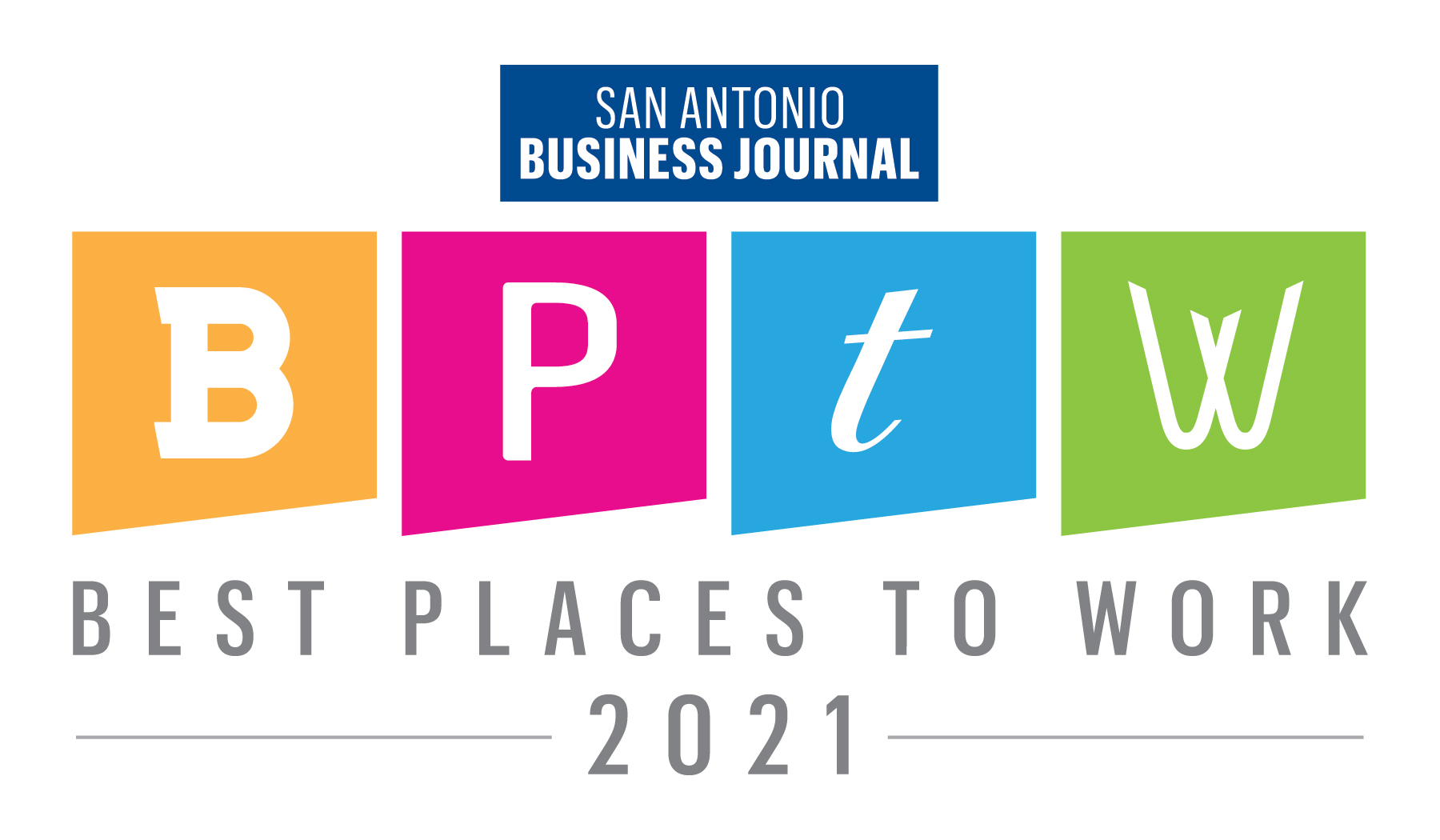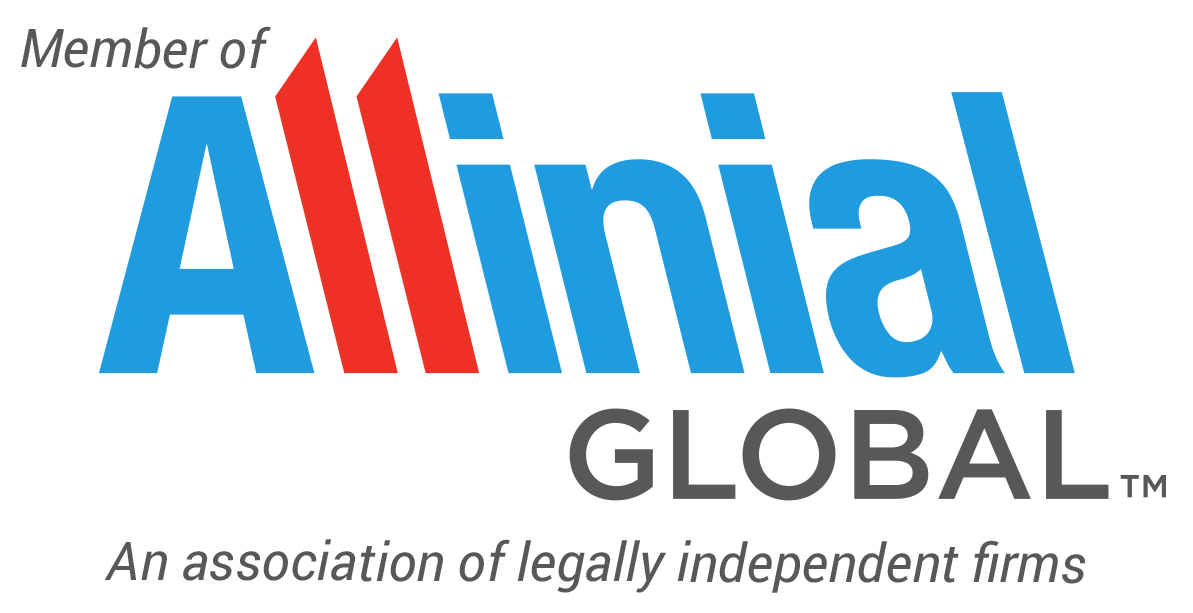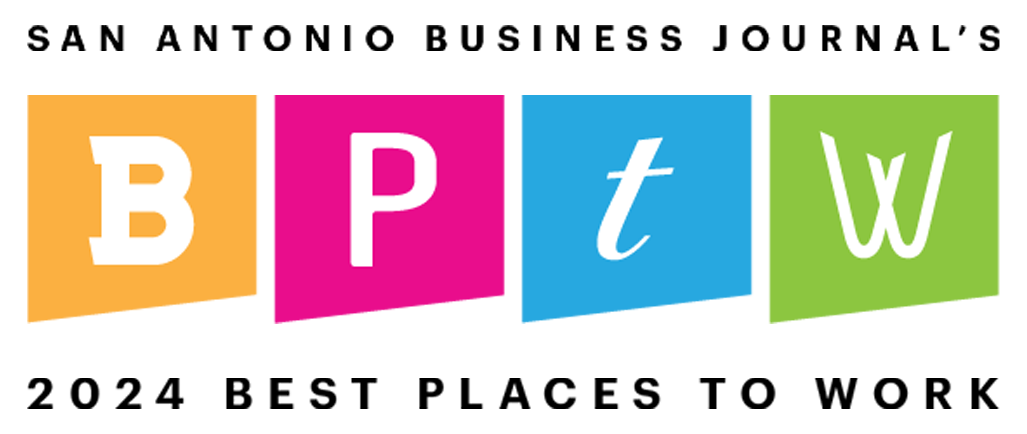UPDATE: March 27, 2020 5:30 p.m. CST – US government passes the proposed 2020 CARES Act to combat growing concerns related to the COVID-19 pandemic and its affect on the national economy. No additional changes were made to the original proposal outlined below.
After a marathon of negotiations, the Senate approved the $2 trillion stimulus package designed to help many individuals and businesses affected by the COVID-19 pandemic. The Coronavirus Aid, Relief, and Economic Security (CARES) Act includes rebates for individuals, assistance for struggling businesses, and several tax policy changes. The House is expected to vote on The Act on Friday, March 27th. Below are several noteworthy highlights from the proposed bill.
Individual Assistance: Rebates and Extended Unemployment
Individual Recovery Rebates
- U.S. residents with adjusted gross income up to $75,000 ($150,000 for joint filers) are eligible for a $1,200 ($2,400 married) rebate PLUS $500 for each child, with phase-outs for AGI exceeding these thresholds. (Compete phaseout at $99,00 for individuals or $198,000 for joint filers.)
- Rebates are based on income reported on 2019 tax returns (or 2018 returns if 2019 return hasn’t been filed yet)
- Rebate checks will be going out between the date passed and December 31, 2020
Unemployment Insurance Provisions
- Expands unemployment insurance so that jobless workers will receive an extra $600 per week through July 31 in addition to state benefits
- Benefits are also available to independent contractors, the self-employed and gig workers
Business Assistance: Loans and Payroll Tax Credits
Paycheck Protection Program
- Provides access to loans for businesses (including sole proprietorship’s) with fewer than 500 employees
- Loans will have a maximum maturity of 10 years and an interest rate not to exceed 4%
- The loans may be used to cover payroll, mortgage payments, rent, utilities, and other debt service requirements
- Loans are generally limited to the lesser of (a) average payroll costs for the 1 year ending on the date the loan was made multiplied by 2.5 or (b) $10 million
- A portion of the loans may be forgiven on a tax-free basis if the business meets certain criteria
Emergency Economic Injury Disaster Loan (EIDL) Grants
- Expands SBA disaster loan program (initially explained in this ATKG update) to sole proprietors and ESOPs
- No personal guarantee required on loans below $200,000
- Allows businesses that have applied for a disaster loan to get an immediate advance of up to $10,000, which is not required to be repaid (even if the borrower’s request for an EIDL grant is denied)
Refundable Payroll Tax Credit
- Available to employers whose operations were fully or partially suspended due to a COVID-19-related shutdown order or whose gross receipts declined by more than 50% when compared to the same quarter in the prior year
- Equal to 50% of wages paid to employees from March 31 through December 31, 2020
Deferred Payment of Employer Payroll Taxes
- Allows employers and self-employed individuals to defer payment of the 6.2% employer share of social security tax that would be due through December 31, 2020
- Requires the deferred employment tax to be paid over 2 years in 2021 and 2022
Tax Policy Changes
Business Interest Limitation
- For tax years 2019 and 2020, temporarily increases the amount of deductible interest expense from 30% of adjusted taxable income to 50%
Technical Amendment for Qualified Improvement Property
- Corrects an error in the Tax Cuts and Jobs Act of 2017 that increased the depreciable life of qualified improvement property to 39 years
- Retroactive to January 1, 2018, qualified improvement property is now depreciated over 15 years and is eligible for bonus depreciation
Net Operating Losses
- NOLs arising in 2018, 2019 and 2020 can be carried back 5 years and fully offset income (eliminating the 80% limitation)
Retirement Funds
- Individuals may withdraw up to $100,000 from retirement accounts with no penalty if repaid over the next 3 years.
- Retirees have the option to waive required minimum distributions for 2020
Charitable Contributions
- Allows taxpayers utilizing the standard deduction to claim an additional “above-the-line” deduction up to $300 for cash contributions to certain qualifying charities beginning in 2020
- Suspends the limit on deductions for charitable contributions for taxpayers that itemize in 2020
- Increases the corporate charitable deduction limit for 2020 to 25% (up from 10%)
ATKG is committed to keeping you up-to-date with the latest changes during these challenging times. Though overwhelming, these changes pave the way for opportunistic tax planning. Please contact your ATKG advisor with any questions or concerns.
ATKG Coronavirus Newsroom
Visit the ATKG Coronavirus newsroom for a complete listing of articles released by ATKG addressing the fast paced changes occurring in the US as a result of the COVID-19 pandemic.
| Brittany Hawkins is a Tax Senior with ATKG. She graduated from Texas Tech University, where she achieved being recognized on the President’s List throughout undergrad. Brittany received her Bachelor of Business Administration and Master of Science in Accounting in 2014. For further information on this or other tax questions please contact Brittany Hawkins or a member of our Tax practice at 210.733.6611 or bhawkins@atkgcpa.com. |




